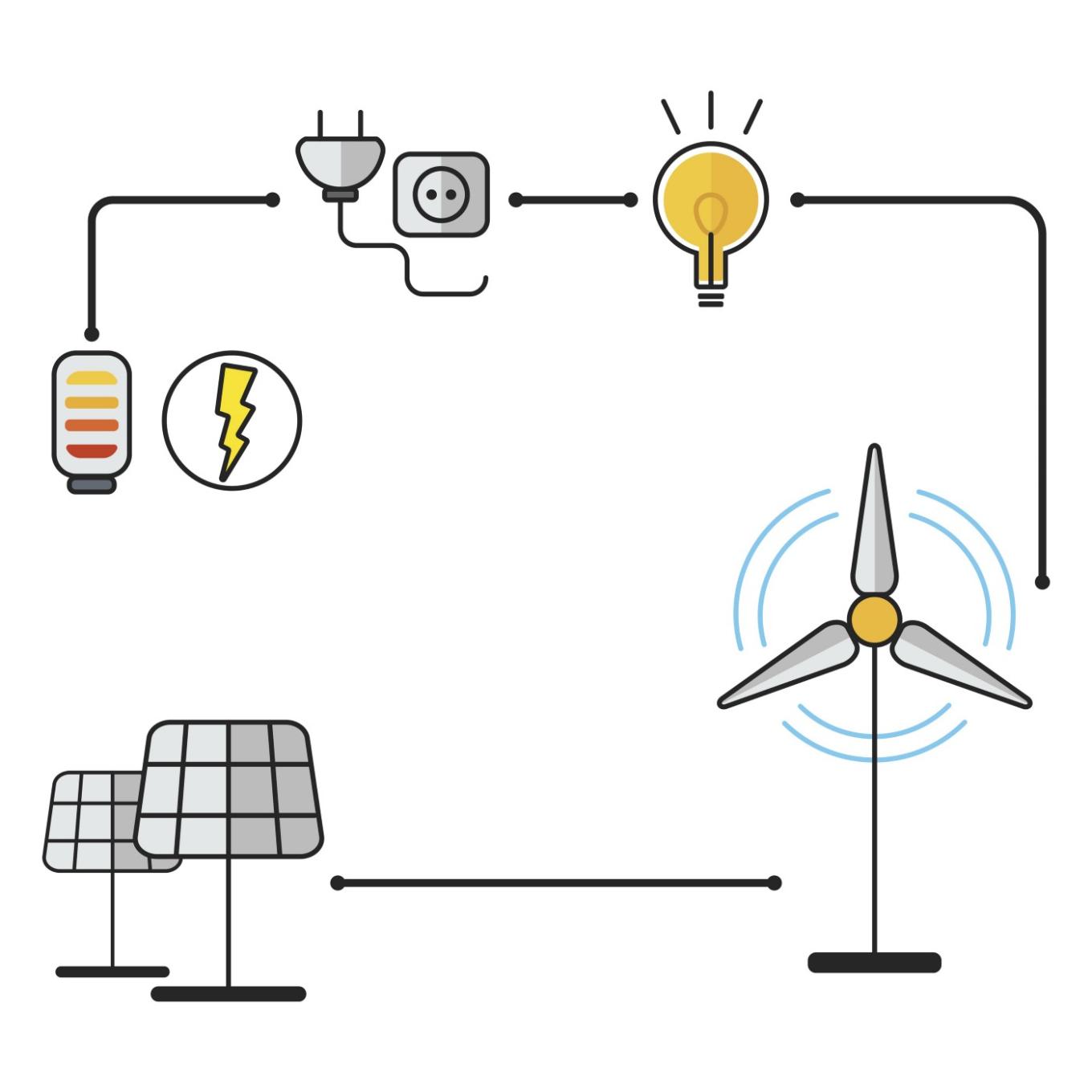
What comes to mind when you hear “STEM”? For many of us, the term might conjure up images of rocket scientists or computer engineers. In reality, STEM — science, technology, engineering, and math — includes a broad range of skills.
While top tech innovators no doubt use STEM on a regular basis, so do changemakers working in their communities on all kinds of projects, big and small. Working to design a recycling initiative? Create a website? Educate yourself about your local ecosystem? All of these activities, and many more, draw on STEM skills.
At Ashoka, we’ve seen many creative ways that young people are using STEM to solve some of our most pressing social and environmental issues. Here are just a few.
Creating online opportunities
Whether it’s a website, social media channel, or other online platform, many changemakers around the world are using the power of digital tech to make a difference. When Matine Khalighi and his team at EEqual created a scholarship awards program designed to help youth experiencing poverty and homelessness afford college tuition, they didn’t realize how critical basic technology would be to carry out their idea.
Faced with social pressure, “students dealing with poverty and homelessness don’t often feel comfortable identifying themselves as needing help,” Matine says. “Our programs need to be inclusive, safe, and discrete enough for them to come forward themselves.” Instead of direct outreach, they created a microgrant program that operates entirely online, and teamed up with the Colorado Community College Foundation to offer a scholarship.
“This means that students can apply online and we will be able to send their resources to their institution,” Matine says. “By removing the step of self-identification for students, this makes it easier and more comfortable for them to apply.” Whether it is custom and complex, or simple and straightforward to create, an online platform can make a world of difference.
Working with (and learning from) nature
After Megan Chen realized how hard it was to access affordable fresh food in her community of Wilmington, Delaware, she set out to learn more. Later she created The Urban Garden Initiative (TUGI), a nonprofit that aims to inspire and empower youth to achieve urban sustainability through a gardening-based program.
Working with her peers, she discovered that 85% of the students had no experience with environmental education. TUGI not only draws on scientific knowledge to grow fresh produce for the community, it provides opportunities for students to deepen their own grasp of environmental science through firsthand experience and biannual workshops.
“Part of our workshop is divided into an environmental education portion where we teach youth about different environmental issues that they might not be going over in school,” Megan says. “The other half is hands-on container gardening, an easy, transportable, and accessible way to garden.”
During a workshop on pollution, students use a kit to test their local streams and ponds for pollutants. In other workshops, students learn about plant anatomy, soil, the science behind climate change, and more. To design raised-bed gardens, students use mathematical calculations. STEM has found its way into many of core activities at the organization, which now has international chapters in 4 different countries and has impacted over 1,000 youth.
Using data to make a difference
Lead poisoning is a pressing public health issue which, according to the CDC, impacts children in at least 4 million American households. Despite this, blood lead level (BLL) data — an indication of lead level in water — is not available in all states. California is the only state where testing data available statewide by zip code. And Ananya Sridhar saw this information as an opportunity.
Ananya founded The Neptune Project, which uses a machine learning predictive algorithm to identify characteristics of communities with high probability of contamination, using California’s valuable data for training and testing.
By pinpointing the areas which are most at risk for lead poisoning and offering an affordable testing technique that can be distributed in these communities — a litmus test Ananya developed and prototyped herself — the Neptune Project aims to provide a solution that protects children from this serious health hazard, especially in high-risk communities.
“One takeaway from my work on Project Neptune is that my generation, which has grown up in a digital age, has opportunities to leverage technology and data for social good,” Ananya says. “This is a message I have been working to spread to my peers and other students.”
STEM is for everyone
Science, tech, engineering, and math are helpful skills for any changemaker. And as this generation faces a climate catastrophe, we need powerful STEM skills to develop the solutions to protect the planet and build a better future.
-
Ashoka and General Motors launched the 2021 Our Planet, Our Purpose: STEM for Changemaking Challenge to support young changemakers (ages 14–20) who are working towards environmental sustainability, and using STEM to make it happen.
